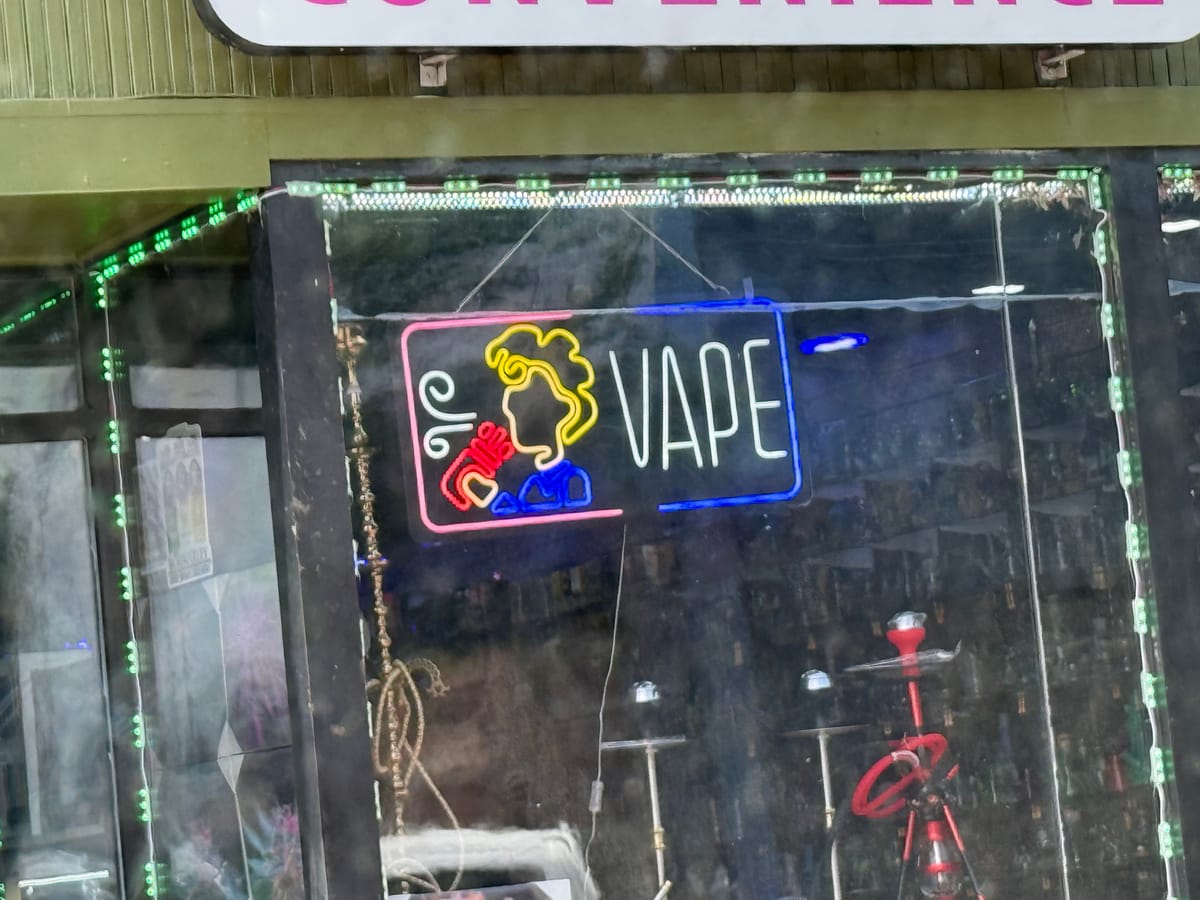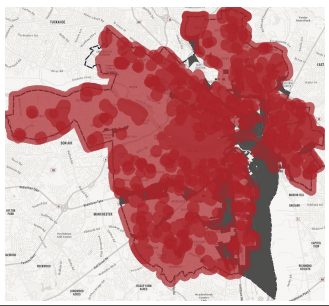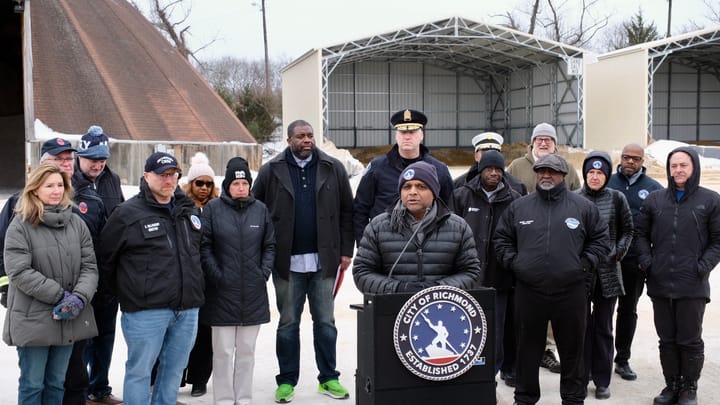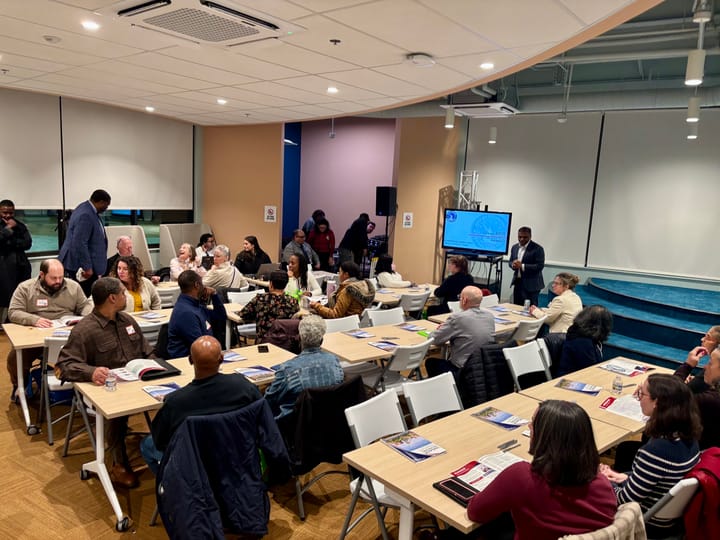
Proposed ‘vape shop’ ordinance would ban new smoke shops in most of Richmond
A proposal that would prohibit new vape and tobacco shops from being built in much of Richmond is headed to City Council.
On Tuesday, the Planning Commission gave unanimous support to an ordinance that officials have been crafting for nearly a year in an attempt to halt what many see as an undesirable mushrooming of vape and smoke shops across neighborhoods.
“I know that there’s a real desire on the part of Council to move this paper forward,” said Planning Commission Chair Rodney Poole.
The new rules, if approved by Council, would have no impact on those stores that already exist. But they would ban the siting of new ones within 1,000 feet of any residentially zoned district, K-12 school, park, public library, church, child day center or another establishment already selling significant numbers of such products.
In practice, that would bar new shops in nearly every part of the city except for along the Interstate 95 corridor in Richmond’s Southside and a few scattered pockets elsewhere.
The goal, said Planning Director Kevin Vonck, is to try to keep such sales — and the advertising that encourages them — away from places “where youth are generally present.”

Research has shown that “the number, density and proximity of retailers to schools are associated with greater numbers of adolescents who smoke,” he told the Planning Commission. And those teenagers “are at higher risk for long-term addiction because their brains are still developing.
“Think about when we were adolescents and choices we made, and probably choices we wish we could unmake,” he continued. “We're still developing our brains. We're very vulnerable, susceptible to impressions, to that advertising.”
Cindy Pulido, an adolescent health coordinator with the Richmond and Henrico Health Districts who was the only member of the public to weigh in on the proposal Tuesday, said that “allowing tobacco retail outlets to be accessible to youth is only adding fuel to the fire, especially since they are clustered in areas with historically marginalized communities.”
“For many youth, mental health resources are not accessible,” she said. “But you know what is? Drugs. A few bucks in a smoke shop in walking distance that doesn’t ID or a friend old enough to buy will help them for a moment, until they are in an addiction and can’t get out of it.”
Who the restrictions would apply to
Richmond isn’t alone in seeking to restrict the spread of businesses selling smoking-related products directly to consumers. A 2024 state law gave local governments the power to regulate the retail sale of tobacco, nicotine and hemp products within their boundaries and to outright prohibit those sales within 1,000 feet of schools and child day centers.
In the wake of that law, different localities, including Henrico and Chesterfield counties, have imposed various rules to curb the sales.
“Most of them who have these restrictions have public schools and day centers in them,” said Vonck. “Some but not all have parks. Some but not all have places of worship. Some but not all have libraries.”
Besides crafting a list of places from which retail sales should be separated, much of the Planning Department’s efforts over the past few months have focused on identifying potential loopholes businesses selling tobacco and hemp could use to avoid being subject to the rules.
That included adding language about distributing the products to try to clamp down on a workaround widely used by marijuana businesses where items like stickers are “sold” to customers who then get a certain amount of pot as a “gift.”
Ultimately, the city rules would apply to establishments that sell, offer or distribute “electronic smoking devices,” “retail tobacco products” or “hemp products and hemp products intended for smoking,” as defined in Virginia code, and meet any of five criteria:
- 10% or more of the usable floor area is dedicated to the sale, offering, or distribution of such materials;
- 10% or more of the total area used to display merchandise, or 10% or more of the total area used to otherwise promote merchandise, is dedicated to the sale, offering, or distribution of such materials;
- 10% or more of the total permitted sign area on the lot refers to such materials;
- 10% or more of inventory is comprised of such materials;
- 10% or more of monthly gross revenue is derived from the sale, offering, or distribution of such materials.
Vonck described the criteria as being listed in order of “practical enforceability,” acknowledging that it may be virtually impossible for the city to obtain detailed records from businesses about the breakdown of their monthly revenues without a court order.
“Do you want to put something in there that’s really not enforceable?” asked Poole.
“That’s a policy decision,” Vonck responded.
Contact Reporter Sarah Vogelsong at svogelsong@richmonder.org
The Richmonder is powered by your donations. For just $9.99 a month, you can join the 1,000+ donors who are keeping quality local journalism alive in Richmond.






